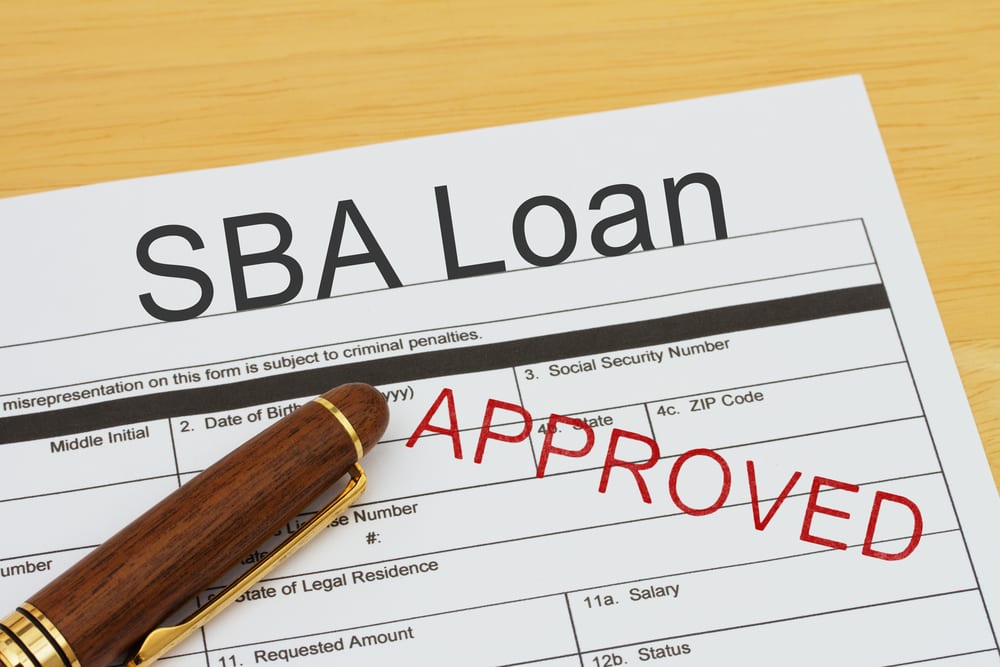Starting your own small business isn’t easy. You’ll work long hours. You’ll also feel pressure like never before. Maybe even have a few mini breakdowns. And then there’s the issue of money. How will you fund your business? How much will you need?
Approval Requirements Are Strict
It is a myth that any small business qualifies for a SBA loan. For starters, to get approved, you’ll need a good credit score. Most SBA loans require that a business have a solid credit history. If you haven’t had time to build your credit on the business side, the lender will consider your credit history, which is great news if you’ve got unblemished credit. It’s not so great news if you don’t.
On average, you will need a 680 or higher FICO score to get approved for a loan. Anything less than that and your loan application might be rejected or has a better chance of being rejected. You’ll also likely need to put down a down payment and secure collateral for the loan before you get anything.
And it doesn’t end there. Unlike a traditional loan where the lender is only interested in your finances and credit profile, to get the loan, the SBA will look at your business history as well. Some loans like the SBA 7(a) generally requires your business to have been up and running for two years. If it hasn’t, you’ll need several years of experience in the industry to get approved.
Interest Rates Might Be Higher
SBA loans are government-backed, but that doesn’t mean your loan will be interest-free or even low interest. Like any lending product, rates vary. The rates for these loans can decrease or increase based on market conditions. As of September 2016, rates on the SBA 7A were around 5.75 percent to 8.25 percent.
This means, that while you may have received your loan at a certain percentage, say 7%, it isn’t guaranteed to stay 7% for the life of the loan. If the market rises by 2% or decreases by 2%, you can pay more or less one year compared to when you received the loan. The uncertainty of not having fixed rates could be enough reason not to get an SBA loan.
With that said, SBA loans are typically some of the lowest rate loans available to small businesses. However, you may be able to find lower rate loans. If you don’t comparison shop, you could end up spending more of your hard-earned new business proceeds on interest charges.
Getting the Money Could Take Longer
While you may be used to getting things done pretty quickly (thanks Internet!), working with the government is still a slow process.
Since SBA loans are government-backed, getting approved and funded will involve a lot of waiting. It will also involve a lot of red tape. You’ll have to file paperwork, lots and lots of paperwork. You’ll have to provide documents to prove your financial backing and business background. And you’ll have to wait for everything to get approved.
If you’re in a hurry to get the funds you need, the process could push you well past your deadline and make things even more difficult (albeit temporarily) financially for your small business.
On the other hand, some lending options could get you fully funded in a matter of days or weeks. There are drawbacks to these alternative options such as higher interest rates, but if you need money quickly, these are some viable options you can choose from.
Other Alternatives
SBA loans aren’t the only option available to your small business. Consider these alternatives:
Term loan: Many lenders—both brick and mortar and online—offer similar products to a SBA loan. These loans have a set lump sum and set repayment terms. However, the interest rate could be fixed or variable depending on the lender. Be sure to compare rates with the SBA and several lenders before deciding on an option.
Short-term loans: If you need a cash advance to get over a temporary financial hump, short term loans might be the answer. These aren’t the typical payday loans or merchant cash advances you’ve heard of. Alternative lenders like Kabbage and OnDeck offer competitive rates and short term options (typically three to 36 months). Another option, Kabbage, works with micro-businesses and offers even shorter rates (typically one to 12 months).
Invoice-based: If your business is just getting off the ground and profits are still in flux an invoice-based loan option might be an ideal solution. These lenders will allow you to make payments based on when you get paid from your clients. Rates may be higher than a traditional loan, but you’ll have more flexibility. We recommend PayPal Working Capital. While the option only applies to PayPal Merchants, PayPal Working Capital provides a variable repayment plan that may be easier to manage if you’re a small business with fluctuating profit margins.
Overall, SBA loans can be a good option for small businesses, but but these types of loans aren’t the only option available. Make sure you weigh the pros and cons—and consider your alternatives—before you apply.
Image: Shutterstock


